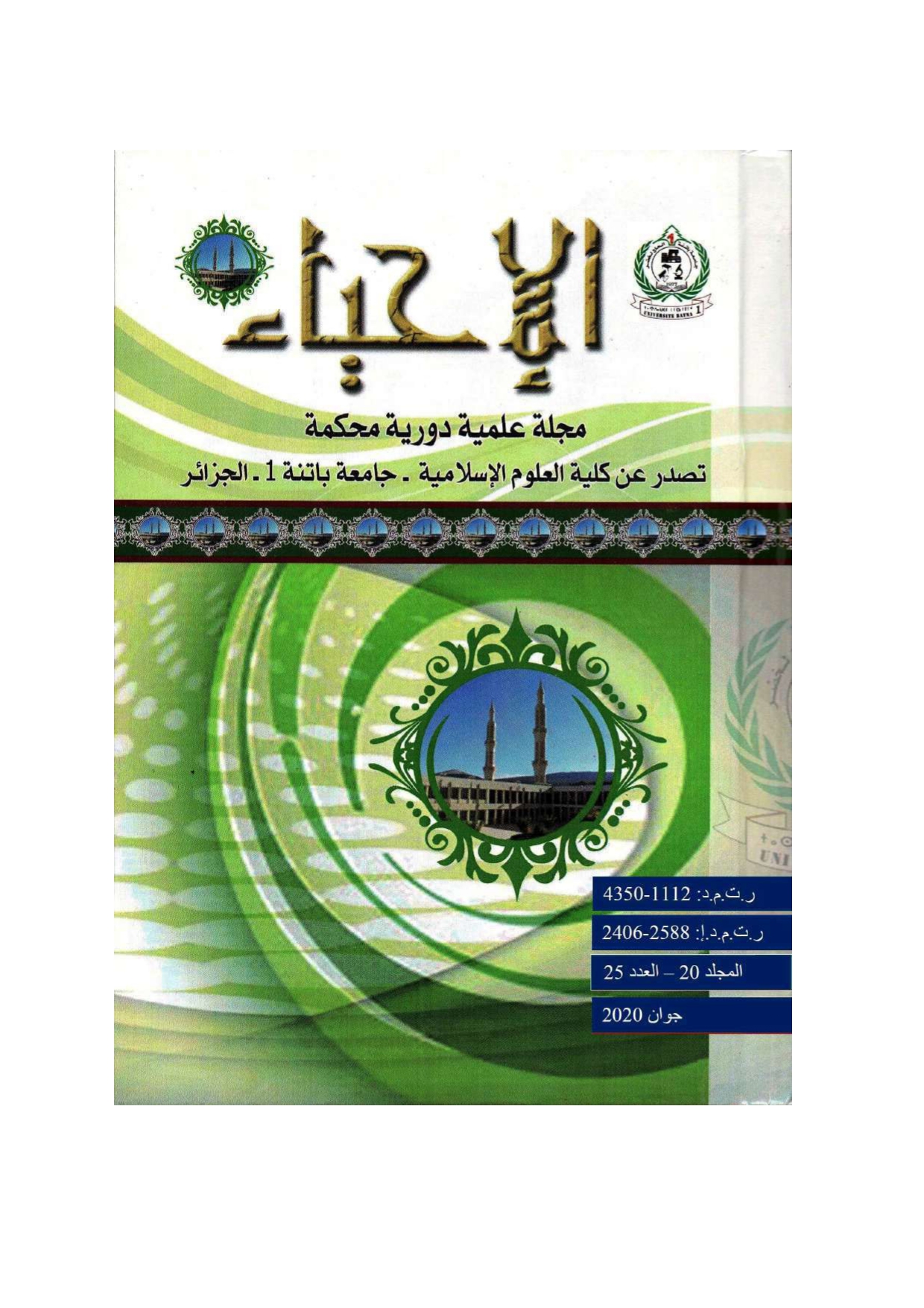Jurisprudence "Empowerment" And its implications for the advancement of civilization
DOI:
https://doi.org/10.59791/ihy.v20i2.4615Keywords:
Jurisprudence Empowerment, Renaissance, CivilizationAbstract
God Almighty, peace be upon him, sent Heaven to earth, and made him and his descendants successors on earth. And God gave him the responsibility of his succession in the land and his descendants after him to establish his judgments Almighty and the implementation of his commandments and worship only and has no partner. Underdevelopment is achieved through reproduction and reconstruction of land with good, pleasure and activity. And for that, God Almighty sent the prophets and messengers, the best of prayer and peace, to remind Adam's offspring of the era of God's worship alone represented by the Almighty saying : {And [mention] when your Lord took from the children of Adam - from their loins - their descendants and made them testify of themselves, [saying to them], "Am I not your Lord?" They said, "Yes, we have testified." [This] - lest you should say on the day of Resurrection, "Indeed, we were of this unaware}.
We find the Noble Qur’an indicating to the prophets and the righteous that they are empowered in the earth.
What is "empowerment"? What is the difference between "empowerment" and "jurisprudence of empowerment"? Is "empowering" humanity in general its good and bad, or is it a divine promise that is specific to the righteous? What is the link between the "jurisprudence of empowerment" and its implications, and the civilization renaissance?
Downloads
Published
How to Cite
Issue
Section
License

This work is licensed under a Creative Commons Attribution-NonCommercial-NoDerivatives 4.0 International License.






